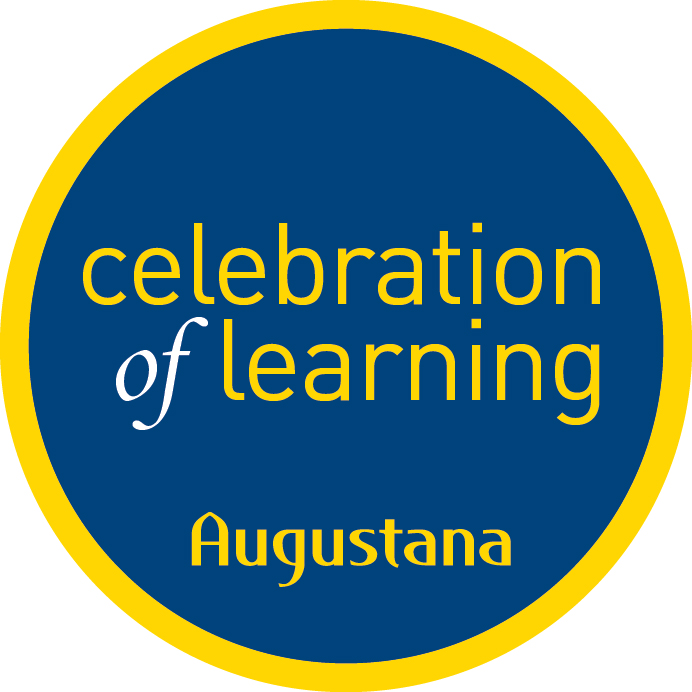Project Advisor(s) (Students Only)
Dr. Lena Hann
Presentation Type (All Applicants)
Poster Presentation
Disciplines (All Applicants)
Medicine and Health Sciences | Social and Behavioral Sciences
Description, Abstract, or Artist's Statement
College aged people are at a high risk of opioid misuse due to several risks including: an increased opioid misuse in people between the ages of 18-25, those who experience daily elevated stress, and those who live in metropolitan areas or in the Midwest region of the United States. Due to these risks, a harm reduction initiative geared toward college populations is beneficial to prevent a further increase in opioid misuse and overdose. A harm reduction approach was used to develop an educational toolkit for Quad City Harm Reduction to conduct a one-hour workshop for college faculty and students. Harm reduction aims to reduce harmful consequences associated with opioid misuse, provides an alternative to the abstinence, provide a safe environment for those who have opioid use disorders, and to provide easier access to services. A workshop, using a PowerPoint presentation, was piloted to assess the toolkit. The toolkit was then updated based on participant feedback. The toolkit was developed to better inform individuals about how opioids work, their risk of opioid use disorders, what an opioid overdose looks like, how to save someone from an overdose, and equip them with naloxone to save someone who has overdosed. This toolkit will be a useful tool for Quad City Harm Reduction when presenting to college communities.
Augustana Digital Commons Citation
lepoudre, Corey l.. "Combatting the Opioid Crisis on College Campuses: A Harm Reduction Approach" (2018). Celebration of Learning.
https://digitalcommons.augustana.edu/celebrationoflearning/2018/posters/25
Combatting the Opioid Crisis on College Campuses: A Harm Reduction Approach
College aged people are at a high risk of opioid misuse due to several risks including: an increased opioid misuse in people between the ages of 18-25, those who experience daily elevated stress, and those who live in metropolitan areas or in the Midwest region of the United States. Due to these risks, a harm reduction initiative geared toward college populations is beneficial to prevent a further increase in opioid misuse and overdose. A harm reduction approach was used to develop an educational toolkit for Quad City Harm Reduction to conduct a one-hour workshop for college faculty and students. Harm reduction aims to reduce harmful consequences associated with opioid misuse, provides an alternative to the abstinence, provide a safe environment for those who have opioid use disorders, and to provide easier access to services. A workshop, using a PowerPoint presentation, was piloted to assess the toolkit. The toolkit was then updated based on participant feedback. The toolkit was developed to better inform individuals about how opioids work, their risk of opioid use disorders, what an opioid overdose looks like, how to save someone from an overdose, and equip them with naloxone to save someone who has overdosed. This toolkit will be a useful tool for Quad City Harm Reduction when presenting to college communities.

Comments
Public Health Senior Inquiry